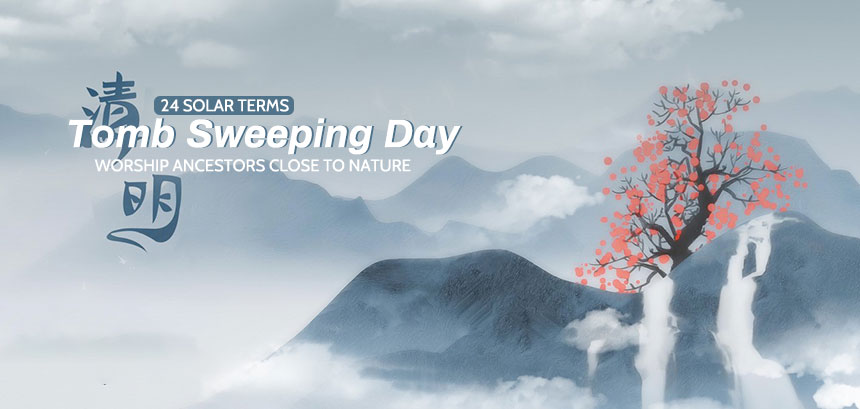We would like to inform you that our offices will be closed on Wednesday, April 5th in observance of Tomb Sweeping Day, a traditional Chinese holiday also known as Qingming Festival.
Tomb Sweeping Day, also known as Qingming Festival, is one of the most important traditional festivals in China. It falls on the 15th day after the Spring Equinox, usually around April 4th or 5th, and is a time for Chinese people to pay respects to their ancestors and deceased loved ones.
The origins of Tomb Sweeping Day can be traced back to over 2,500 years ago, during the Spring and Autumn Period (771-476 BC). Legend has it that a loyal official named Jie Zitui, who had served his prince diligently, refused to accept any rewards or honors and instead chose to live a simple life in the mountains. When the prince became the king of a new dynasty, he wanted to reward Jie Zitui, but the latter refused to return to the court. In desperation, the king ordered his men to set fire to the forest where Jie Zitui was living. Jie Zitui died in the fire, and the king was overcome with remorse. To honor Jie Zitui's loyalty and sacrifice, the king ordered a day of mourning and forbade the use of fire or cooking for the day. This day became the origin of Tomb Sweeping Day.

Сегодня День подметания могил по-прежнему отмечается с большим благоговением и торжественностью. Китайцы посещают могилы своих предков, чтобы поднести цветы, благовония и еду, а также очистить могилы. Считается, что таким образом они могут выразить свое уважение и благодарность своим предкам, получить их благословение и руководство, а также укрепить связи между живыми и мертвыми.
День подметания могил — это также время, чтобы пообщаться с весной и природой. Люди часто пользуются хорошей погодой для прогулок или пикников, запуска воздушных змеев или других мероприятий на свежем воздухе. Это время, чтобы оценить красоту весны и обновить свой дух.
В последние годы День подметания могил приобрел новое значение как способ популяризации культурного наследия и туризма. Многие города и регионы Китая организуют культурные мероприятия, такие как храмовые ярмарки, фольклорные представления и выставки, чтобы продемонстрировать свои местные традиции и привлечь посетителей.
С наилучшими пожеланиями,
Отдел зарубежного маркетинга iSuoChem